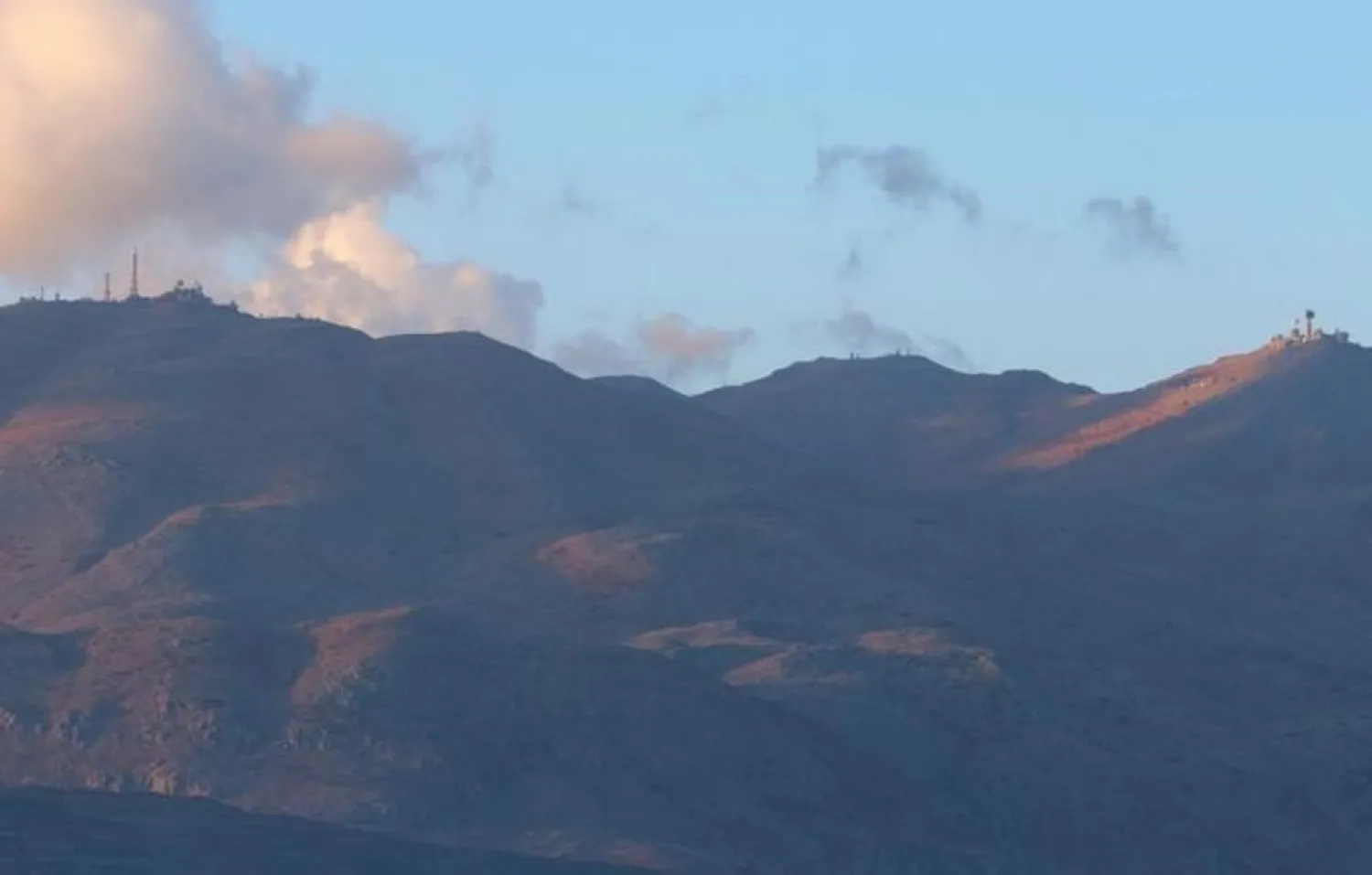The Syrian Observatory for Human Rights announced that negotiations are ongoing in the southwestern Damascus countryside to reach an agreement over ensuring the exit of the Hayat Tahrir al-Sham from from the region.
The plan is to transport them to the northern Idlib province.
The negotiations for the plan came after weeks of heavy rocket fire and barrel bombing of the region by the Syrian regime, said “trusted” sources.
They were made possible recently after the regime and its allies were able to surround the opposition factions and Hayat Tahrir al-Sham in a narrow area in the town of Beit Jin that is close to the border with Lebanon and Israel, they added.
The regime and its Iran-backed allied were able to infiltrate the last remaining opposition stronghold near the strategic Lebanese-Israeli border.
The enclave is the last rebel bastion left in the southwest of Damascus known as the Western Ghouta that had since last year fallen under government control after months of heavy bombing on civilian areas and years of siege tactics that forced rebels to surrender.
A western intelligence source confirmed rebel reports that Iranian-backed local factions alongside commanders from the Lebanese “Hezbollah” group were playing a major role in the ongoing battles.
“The Iranian-backed militias are trying to consolidate their sphere of influence all the way from southwest of Damascus to the Israeli border,” said Suhaib al Ruhail, an official from the Liwa al Furqan rebel group that operates in the area.
Worried by Iran’s expanding influence in Syria after the defeat of ISIS, Israel has in recent weeks stepped up its strikes against suspected Iranian targets inside Syria.
Early this month there was an Israeli strike on a base near Kiswah, south of Damascus, that was widely believed to be an Iranian military compound, a Western intelligence source said.
Israel has been lobbying Washington and Moscow to deny Iran, “Hezbollah” and other militias any permanent bases in Syria, and to keep them away from the Golan, as they gain ground while helping Damascus beat back rebels.
The southwest of Syria is part of a de-escalation zone in southern Syria agreed last July between Russia and the United States, the first such understanding between the two powers.
The area has not seen Russian bombing, unlike other ceasefire areas in Syria.









